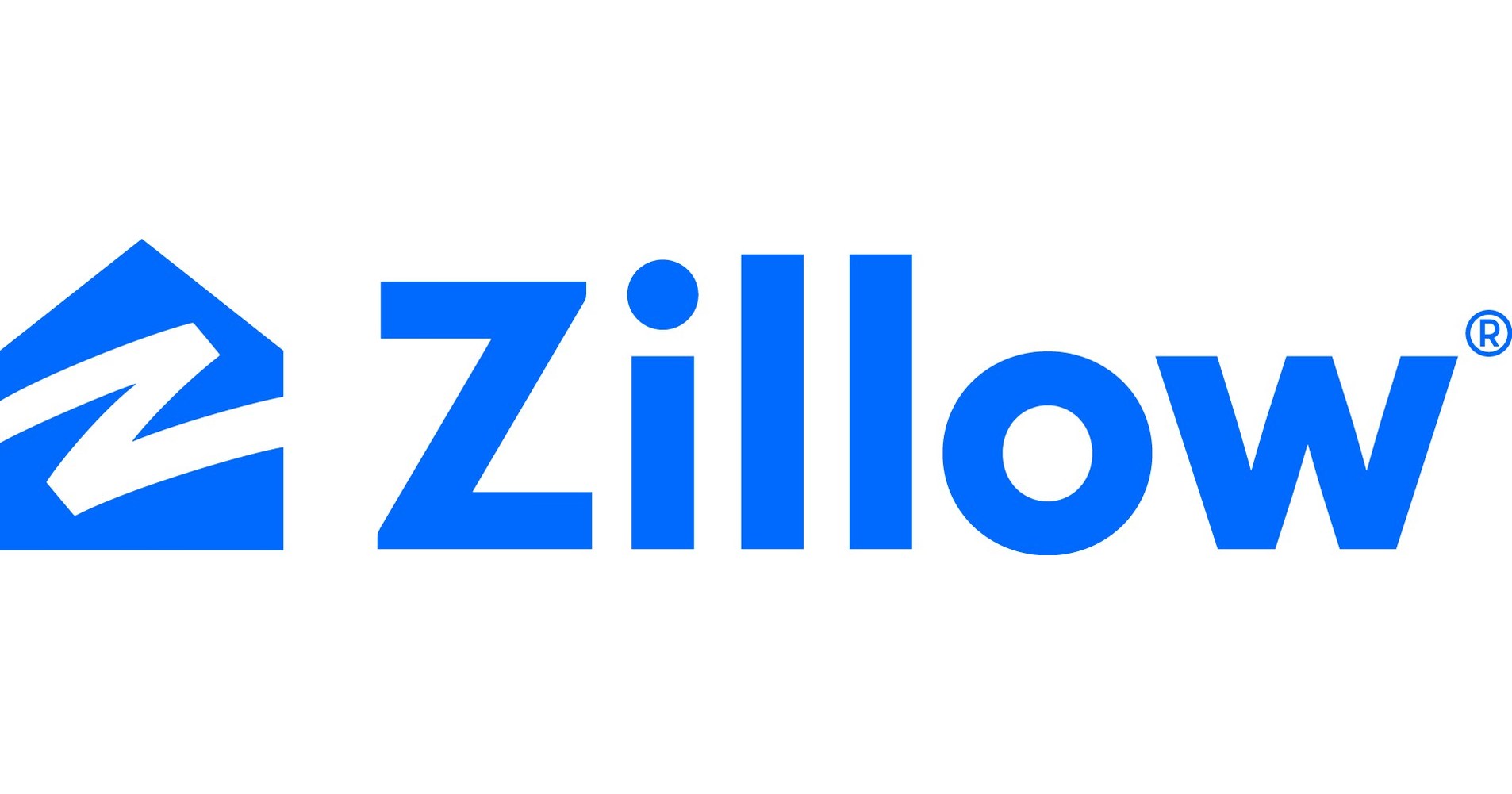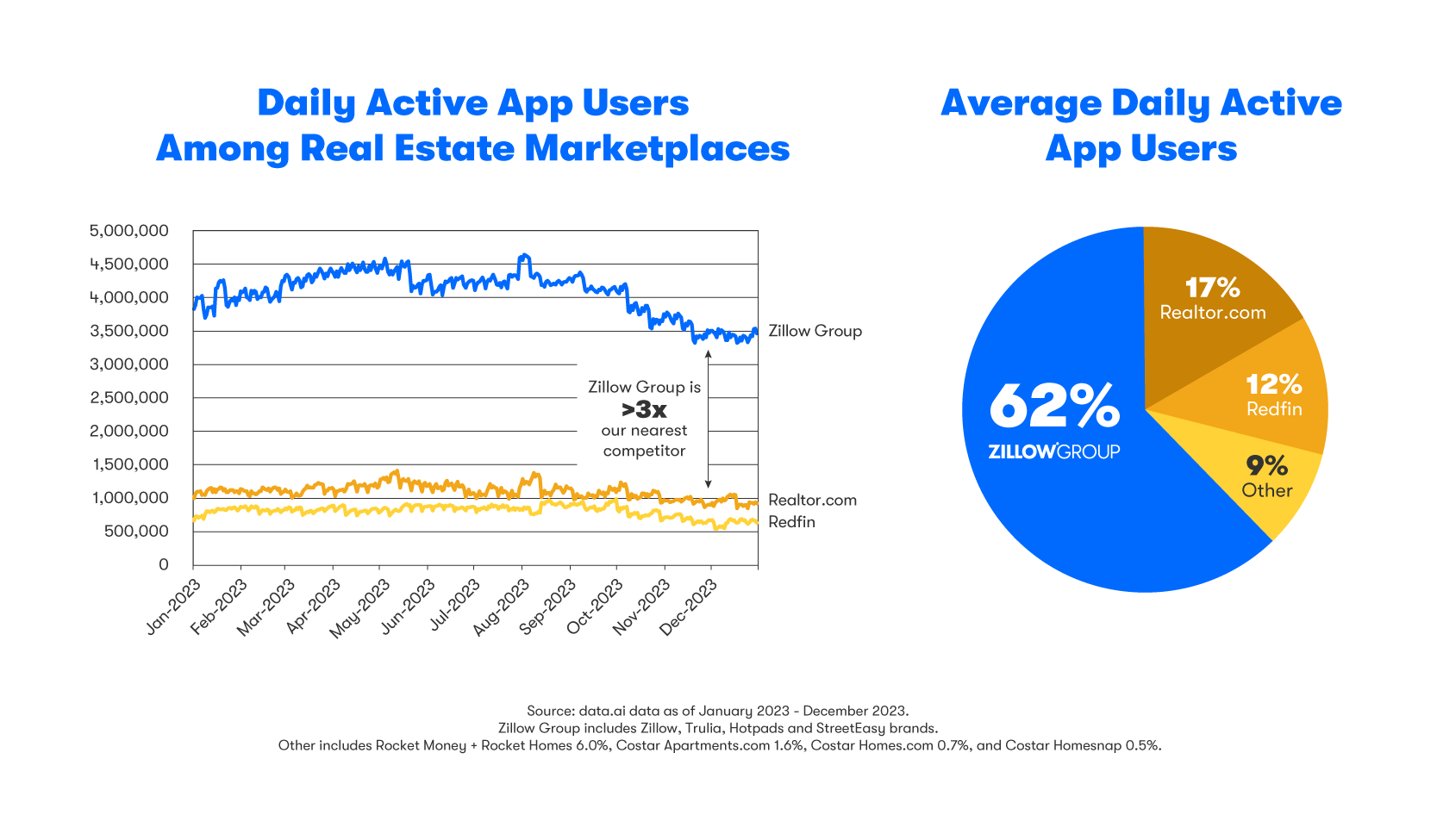Zillow Haysterms of Use—a seemingly innocuous phrase—holds significant weight for millions of users navigating the online real estate landscape. Understanding these terms is crucial for both property seekers and those listing their homes, as they dictate acceptable user behavior, data privacy implications, and liability considerations. This guide delves into the key aspects of Zillow’s terms, providing clarity on user rights, responsibilities, and the potential consequences of non-compliance.
From data usage and privacy policies to intellectual property rights and dispute resolution processes, Zillow’s Haysterms of Use are a complex document impacting every user interaction. This analysis aims to demystify these terms, empowering users to navigate the platform responsibly and confidently.
Zillow’s Terms of Use: A Comprehensive Analysis: Zillow Haysterms Of Use
Zillow’s Terms of Use govern the relationship between users and the platform, outlining acceptable conduct, data usage, liability, and intellectual property rights. Understanding these terms is crucial for both users and those interested in the legal framework of online real estate platforms.
Zillow’s Terms of Use: Overview
Zillow’s Terms of Use is a legally binding agreement that Artikels the rules and regulations for using the Zillow website and mobile applications. It covers a broad range of topics, from user responsibilities and data privacy to liability limitations and intellectual property rights. Key sections detail user obligations, including accurate information provision and adherence to community guidelines. Violating these terms can lead to account suspension or legal action.
User Responsibilities under Zillow’s Terms
Users are responsible for providing accurate information, respecting intellectual property rights, and adhering to Zillow’s community guidelines. They are prohibited from using the platform for illegal activities, spamming, or misrepresenting themselves. Failure to comply can result in account termination and potential legal consequences.
Implications of Violating Zillow’s Terms of Use
Consequences for violating Zillow’s Terms of Use range from account suspension and restrictions to legal action, including potential lawsuits for damages. The severity of the consequences depends on the nature and extent of the violation. Repeated or severe violations may lead to permanent account termination and potential legal repercussions.
Key Clauses Related to Data Usage and Privacy
| Clause | Description | User Rights | Data Protection Measures |
|---|---|---|---|
| Data Collection | Zillow collects user data through various means, including website activity, app usage, and provided information. | Users can access, correct, and delete their data in accordance with Zillow’s privacy policy. | Zillow employs security measures to protect user data from unauthorized access. |
| Data Usage | Collected data is used for personalized experiences, targeted advertising, and service improvement. | Users can opt-out of targeted advertising. | Data is encrypted during transmission and storage. |
| Data Sharing | Zillow may share data with third-party service providers, but only for specific purposes. | Users have the right to know who Zillow shares their data with. | Zillow requires its service providers to adhere to strict data privacy standards. |
| Data Retention | Zillow retains user data for as long as necessary to provide services and comply with legal obligations. | Users can request the deletion of their data. | Data is regularly reviewed and purged as appropriate. |
Data Usage and Privacy in Zillow’s Terms
Zillow utilizes user data to personalize the user experience, target advertising, and improve its services. This includes analyzing search history, property views, and user interactions to offer relevant recommendations and content. Users retain control over some aspects of their data through privacy settings and opt-out options.
User Rights Regarding Their Data
Users generally have the right to access, correct, and delete their personal data held by Zillow. They can also control certain aspects of data usage, such as opting out of targeted advertising. These rights are often detailed in Zillow’s separate privacy policy, which should be read in conjunction with the Terms of Use.
Methods Zillow Employs to Protect User Data
Zillow employs various security measures to protect user data, including encryption, access controls, and regular security audits. The specific methods used may vary, but the goal is to prevent unauthorized access, use, or disclosure of user information. However, no system is entirely foolproof, and Zillow cannot guarantee absolute security.
Data Flow Process in Zillow’s Terms of Use
A simplified illustration of Zillow’s data flow: User interaction (searches, views, etc.) → Data collection (website logs, app usage) → Data processing (analysis, personalization) → Data storage (secure servers) → Data usage (personalized experience, advertising) → Data sharing (with third-party service providers, as needed) → Data deletion (upon user request or after retention period).
Liability and Disclaimers in Zillow’s Terms
Zillow’s Terms of Use include limitations of liability, disclaiming responsibility for inaccuracies in property information and other potential issues. These clauses aim to protect Zillow from legal liability for various events or circumstances.
Limitations of Liability in Zillow’s Terms
Zillow typically limits its liability for damages arising from the use of its platform. This might include limitations on direct, indirect, incidental, or consequential damages. The specific limitations will vary, and it’s crucial to review the exact wording in the Terms of Use.
Disclaimers Related to Property Information Accuracy
Zillow explicitly disclaims responsibility for the accuracy, completeness, or timeliness of property information displayed on its platform. Users are advised to verify information independently before making any decisions based on the data presented.
Comparison of Zillow’s Liability Clauses with a Similar Website
A comparison with a similar website like Realtor.com would reveal similarities in the use of disclaimers regarding accuracy of property information and limitations on liability for user actions. Both platforms likely emphasize the need for independent verification of information.
Situations Where Zillow Disclaims Responsibility
- Inaccuracies in property information.
- Third-party content errors.
- User-generated content issues.
- System outages or malfunctions.
- Damages resulting from user actions.
Intellectual Property Rights within Zillow’s Terms
Zillow’s Terms of Use address intellectual property rights related to both Zillow’s content and user-generated content. It clarifies ownership and usage restrictions to protect both the platform and its users.
Zillow’s Stance on Intellectual Property Rights Related to User-Generated Content
Zillow typically requires users to retain ownership of their content but grant Zillow a license to use it. This license usually allows Zillow to display and distribute the content on its platform. Users should retain the rights to their content outside the Zillow platform.
Implications of Using Zillow’s Content Without Permission
Unauthorized use of Zillow’s content, including text, images, and data, can constitute copyright infringement and lead to legal action. Zillow actively protects its intellectual property and may pursue legal remedies against infringers.
Examples of Intellectual Property Violations under Zillow’s Terms
Examples include scraping Zillow’s data without permission, using Zillow’s images on another website without authorization, or reproducing Zillow’s content without proper attribution. These actions violate Zillow’s Terms of Use and infringe on its intellectual property rights.
Comparison of Zillow’s IP Rights Clauses with Those of a Competitor
| Clause | Zillow | Competitor (e.g., Realtor.com) |
|---|---|---|
| User-Generated Content Rights | License granted to Zillow, user retains ownership. | Similar license model, user retains ownership. |
| Zillow Content Rights | Strict copyright protection, prohibits unauthorized use. | Similar strict copyright protection. |
| Enforcement | Active enforcement through legal action. | Similar active enforcement. |
| Attribution Requirements | Requires attribution for permitted use. | Similar attribution requirements. |
User Accounts and Conduct on Zillow
Zillow Artikels acceptable use policies for user accounts, prohibiting activities like spamming, harassment, and the posting of illegal or inappropriate content. Adherence to these guidelines is crucial for maintaining a positive and safe online environment.
Consequences of Violating Zillow’s Conduct Guidelines
Violations of Zillow’s conduct guidelines can result in a range of consequences, from temporary account suspension to permanent account termination. Severe or repeated violations may also lead to legal action.
Examples of Prohibited Activities on the Zillow Platform
- Posting false or misleading information.
- Harassing or threatening other users.
- Spamming or unsolicited advertising.
- Uploading illegal or inappropriate content.
- Impersonating another user.
Guidelines for Ethical Behavior on Zillow
- Be respectful and courteous to other users.
- Post accurate and truthful information.
- Respect intellectual property rights.
- Adhere to all applicable laws and regulations.
- Report any inappropriate behavior.
Dispute Resolution and Governing Law in Zillow’s Terms
Zillow’s Terms of Use typically Artikel methods for resolving disputes, often including arbitration or litigation. The governing law specifies which jurisdiction’s laws will apply in case of legal disputes.
Methods for Resolving Disputes
Zillow’s Terms of Use often specify arbitration as the primary method for resolving disputes. This process involves a neutral third party who hears both sides and makes a binding decision. Litigation may be an option if arbitration fails or is not feasible.
Governing Law Specified in Zillow’s Terms
The governing law is typically specified in the Terms of Use and usually corresponds to the state or jurisdiction where Zillow is incorporated or primarily operates. This determines which laws will be used to interpret and enforce the agreement.
Comparison of Zillow’s Dispute Resolution Process with Industry Best Practices
Zillow’s use of arbitration aligns with common industry practices for resolving online disputes. Many companies utilize arbitration as a cost-effective and efficient alternative to traditional litigation.
Step-by-Step Guide Outlining the Process for Handling Disputes

- Attempt to resolve the issue informally with Zillow.
- If informal resolution fails, initiate the arbitration process as Artikeld in the Terms of Use.
- Participate in the arbitration hearing and present evidence.
- Accept the arbitrator’s binding decision.
- If necessary, seek legal counsel to enforce the decision.
Changes to Zillow’s Terms of Use
Zillow reserves the right to update its Terms of Use at any time. Users are typically notified of changes, and continued use of the platform after updates constitutes acceptance of the revised terms.
Zillow’s Process for Updating its Terms of Use
Zillow typically updates its Terms of Use by posting the revised version on its website. Users may be notified via email or other means, but it’s their responsibility to review the updated terms.
User Responsibilities Regarding Notification of Changes

It is the user’s responsibility to periodically review Zillow’s Terms of Use for any changes. While Zillow may provide notifications, users are ultimately accountable for staying informed about the terms governing their use of the platform.
Explore the different advantages of hobby lobby military shadow boxelijah stream rumble that can change the way you view this issue.
Implications of Continued Use of Zillow After Terms Updates, Zillow haysterms of use
Continued use of Zillow after the Terms of Use have been updated implies acceptance of the changes. Failure to agree with the updated terms requires the user to cease using the platform.
Hypothetical Scenario Illustrating the Impact of a Significant Terms of Use Change
Imagine Zillow significantly alters its data sharing policies, granting broader access to user data to third-party advertisers. Users who continue using Zillow after this change implicitly agree to the revised policy, potentially impacting their data privacy.
Ultimately, understanding Zillow’s Haysterms of Use is paramount for a positive and productive experience on the platform. By familiarizing yourself with these terms, you protect your data, understand your rights, and avoid potential legal pitfalls. Regular review of updated terms is recommended to ensure continued compliance and awareness of any changes impacting user experience and responsibilities.



